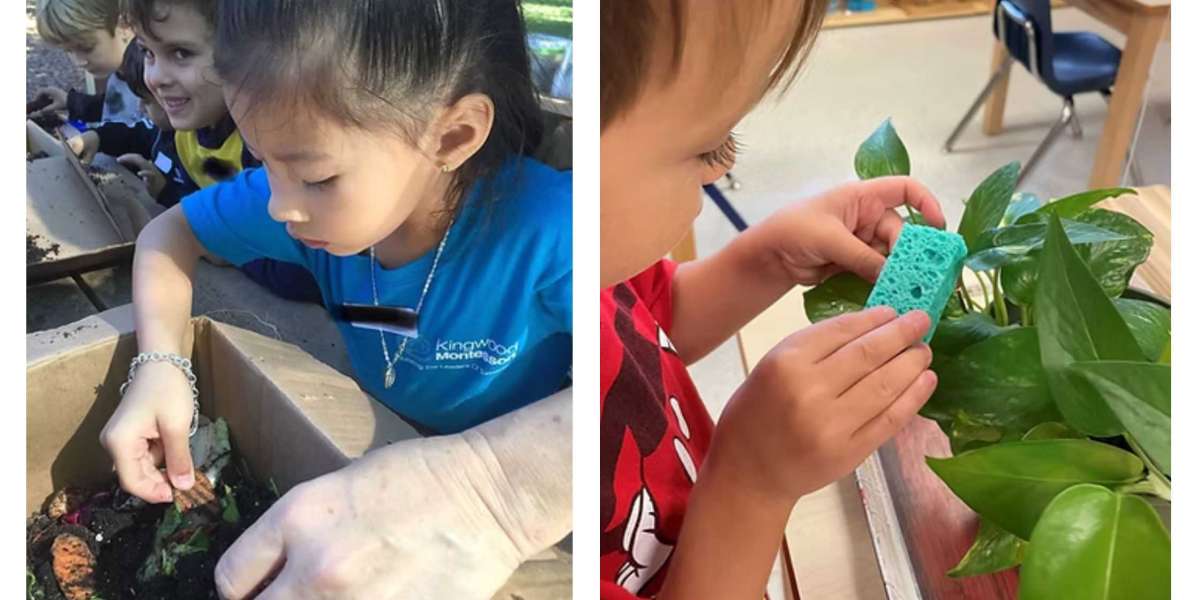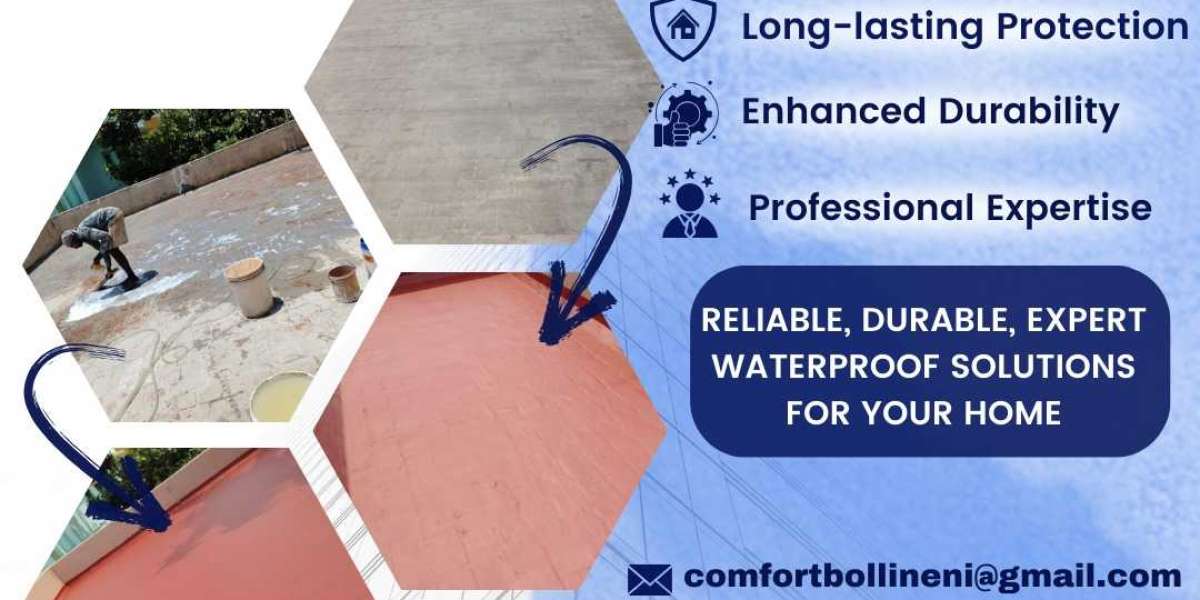Montessori schools are known for their unique teaching methods that encourage independence and hands-on learning. However, not all Montessori schools are created equal. Here are five key questions you should ask when touring a Montessori preschool to ensure it aligns with your child’s needs.
1. How is the Montessori Method Implemented Here?
One of the first things you’ll want to ask is how the Montessori method is applied at the school. While all Montessori schools follow the same basic principles, each one might put its own twist on the approach. Ask about the daily routine, the role of teachers, and how lessons are structured. For example, do the teachers provide individualized instruction, or is it more of a group-focused learning environment? It’s important that the school stays true to the Montessori philosophy while adapting it to the needs of the children.
2. What Are the Teacher-Student Ratios?
Montessori classrooms are designed to foster independence, but that doesn’t mean teachers don’t play a crucial role. You want to know how many students are in each class and how many teachers or assistants are present. A smaller teacher-to-student ratio allows for more personalized attention, which is vital for young learners. In Montessori education, teachers guide students as they explore materials and concepts, so it’s important to ensure that there’s enough staff to support this dynamic learning process.
3. How Does the School Foster Social and Emotional Development?
While Montessori schools are often praised for their academic focus, social and emotional growth is just as important. Ask how the school supports socialization and emotional intelligence. Montessori classrooms encourage children to work collaboratively, solve problems together, and develop strong communication skills. This can be a great opportunity for children to practice empathy and resolve conflicts. Inquire about how the school promotes these skills both inside and outside of the classroom.
4. What Kind of Materials and Learning Tools Are Used?
A big part of the Montessori method is hands-on learning with specialized materials. These tools are designed to help children learn through exploration and discovery, making concepts like math, language, and science more tangible. Ask to see examples of the materials the school uses in its classrooms. Are they varied and age-appropriate? Do they encourage creativity and problem-solving? Make sure the school is investing in high-quality Montessori materials that engage children and enhance their learning experience.
5. How Are Parents Involved in the School Community?
Finally, find out what opportunities are available for parent involvement. Montessori schools often encourage strong partnerships between teachers and parents. Whether it’s through regular parent-teacher conferences, volunteer opportunities, or school events, being involved can help you stay connected to your child’s educational journey. Ask how the school communicates with parents and how they encourage active participation in the school community. A supportive relationship between parents and teachers can make a huge difference in a child’s development.
Final Thoughts
Touring a Montessori preschool can be an exciting step in finding the best educational environment for your child. By asking these key questions, you’ll gain a better understanding of the school’s approach to learning, the teacher-student dynamics, and how they foster a well-rounded development. A Montessori preschool can be a great choice, but it’s important to find one that fits both your child’s personality and your family’s values. Take your time, ask the right questions, and trust your instincts.














